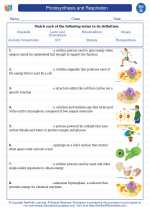Photosynthesis and Respiration -> center
Center
In science, the term "center" can refer to various concepts depending on the specific context. Here are a few common uses of the term:
Geocentric Model:
In the context of astronomy, the "center" often refers to the concept of the geocentric model, which posits that the Earth is at the center of the universe, with the sun, moon, and other celestial bodies orbiting around it. This model was the prevailing view for centuries until it was replaced by the heliocentric model, which places the sun at the center of the solar system.
Center of Gravity:
The "center" can also refer to the center of gravity, which is the point in an object or system around which its mass is evenly distributed, and where the force of gravity can be considered to act. Understanding the center of gravity is important in fields such as physics, engineering, and biomechanics, as it affects the stability and balance of objects and systems.
Cell Center:
In biology, the "center" can refer to the central region of a cell, which may contain the nucleus, a major organelle that houses the cell's genetic material. The nucleus is often considered the control center of the cell, playing a crucial role in regulating cellular activities and maintaining the cell's integrity.
Study Guide:
To study the concept of "center" in science, consider the following key points and questions:
- What are the differences between the geocentric and heliocentric models of the universe? How did the understanding of the "center" of the universe change over time?
- How is the center of gravity determined for different objects? Why is the concept of center of gravity important in fields such as engineering and sports?
- What are the major components found in the center of a cell? How do these components contribute to the overall function and organization of the cell?
By addressing these questions and exploring related topics, you can gain a comprehensive understanding of the concept of "center" in various scientific contexts.
.◂Science Worksheets and Study Guides Seventh Grade. Photosynthesis and Respiration
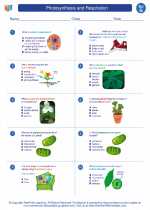
 Worksheet/Answer key
Worksheet/Answer key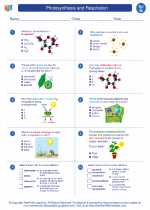
 Worksheet/Answer key
Worksheet/Answer key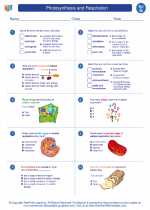
 Vocabulary/Answer key
Vocabulary/Answer key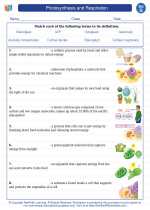
 Vocabulary/Answer key
Vocabulary/Answer key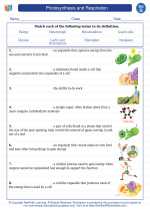
 Vocabulary/Answer key
Vocabulary/Answer key